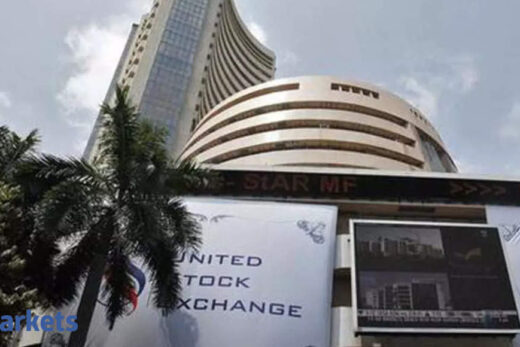The dollar was trading 12% higher on the lira at 8.100, but that was off an early peak of 8.4850 amid speculation Turkish authorities would intervene to stem the rout.
The slide came after President Tayyip Erdogan shocked markets by replacing Turkey’s hawkish central bank governor with a critic of high interest rates.
“Erdogan’s decision to fire Governor Agbal, who had sought to instil some price stability and perception of Bank independence, now raises question as to whether the new Governor will look to lower rates while still aim to fight higher inflation,” said Rodrigo Catril, a senior FX strategist at NAB.
After an initial wobble, sentiment seemed to stabilise and MSCI’s broadest index of Asia-Pacific shares outside Japan was all but flat.
Japan’s Nikkei fell 1.4%, not helped by talk Japanese retail investors could face losses on large long positions in the high-yielding lira.
Nasdaq futures bounced to be up 0.1%, while S&P 500 futures were off a slight 0.1%. Yields on 10-year Treasury notes edged down a couple of basis points to 1.71%, suggesting no widespread rush to safety.
Investors are still struggling to deal with the recent surge in U.S. bond yields, which has left equity valuations for some sectors, particularly tech, looking stretched.
Bonds had another wobble on Friday when the Federal Reserve decided not to extend a capital concession for banks, which could lessen their demand for Treasuries.
The damage was limited, however, by the Fed’s promise to work on the rules to prevent strains in the financial system.
A host of Fed officials speak this week, including three appearances by Chair Jerome Powell, providing plenty of opportunity for more volatility in markets.
WATCHING EMERGING MARKETS
Monday’s tumble in the lira saw the yen firm modestly, with gains on the euro and Australian dollar. That in turn dragged the euro down slightly on the dollar to $1.1889.
After an initial slip, the dollar soon steadied at 108.86 yen, while the dollar index was a shade higher at 92.080 .
Also supporting the yen were concerns Japanese retail investors that have built long lira positions, a popular trade for the yield-hungry sector, might be squeezed out and trigger another round of lira selling.
Still, analysts at Citi doubted that episode would lead to widespread pressure on emerging markets, noting the last time the lira slid in 2020, there was little spillover.
“In terms of impact on other parts of the high-yielding EM, we believe that will be quite limited,” Citi said in a note.
There was scant sign of safe-haven demand for gold, which eased 0.3% to $1,739 an ounce.
Oil prices fell anew, having shed almost 7% last week as concerns about global demand prompted speculators to take profits on long positions after a long bull run.
Brent was off 53 cents at $64.00 a barrel, while U.S. crude lost 55 cents to $60.87 per barrel.



